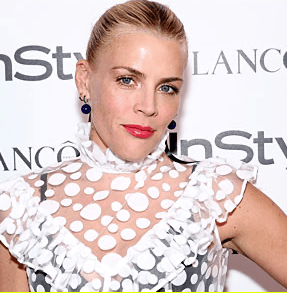By William Lewis
The first test of how Americans view the actions of the Obama administration will be projected into the 2010 elections at the national level. Usually, the first national elections two years after a presidential election do not go well for the incumbent executive branch. That was true for former President Bill Clinton in 1994, when the Republicans scored impressive election gains, especially in the U.S. House of Representatives.
At the state level, Gov. David Paterson seems determined to run for another term. With his voter approval rating at 19 percent based on a recent poll, it is questionable as to whether the Democratic Party State Committee, meeting in convention next year, will designate him as the official party gubernatorial candidate. The reason would be that since he would be heading the ticket and his ratings in the polls are so low, it could have a negative effect on other Democratic candidates across the state.
If Attorney General Andrew Cuomo decides to run for governor next year, and the convention nominates him, Paterson’s options will include running in a Democratic primary against Cuomo or running as an independent third party candidate, with possible support from the Working Families Party.
On the Republican side, former Mayor Rudy Giuliani can have the Republican nomination for governor if he chooses to run. If he also achieves the endorsement of the Independence and Conservative parties, he will present a strong candidacy.
But he will be running against a historical precedent from the standpoint that during the last half of the 19th century and throughout the 20th century, no city mayor has gone on to higher office. From the standpoint of the office of mayor being used as a political power base to seek higher office, it has repeatedly failed.
Since World War II, former Mayor Robert Wagner ran unsuccessfully for the U.S. Senate in 1956. Former Mayor John Lindsay ran for president in the Democratic primaries of 1972 while he was still mayor and failed. He would later run a losing race for the U.S. Senate. Former Mayor Ed Koch in 1982 ran in a Democratic primary for governor against Mario Cuomo and lost.
Giuliani’s own quest for the Republican nomination for president last year ended after losing the Florida primary. The last mayor who considered running for higher office was our present mayor, Michael Bloomberg, who early last year looked into the possibility of running for president as a third party candidate, but decided against it.
The 2010 elections will feature a fierce battle for control of the state Senate, with Democrats now holding a two−vote majority over Republicans in that body. What is important about the state Senate is that it will be drawing its new district lines, which are redrawn every 10 years. Both parties want a majority in the state Senate so as to have control over redistricting.
Here in Queens next year, state Sen. Frank Padavan (R−Bellerose) will be facing a strong challenge to his seat in the 11th District in northeast Queens after his narrow victory last year of less than 500 votes. The Republicans are expected to make a major attempt to win back the 15th Senate District seat, lost by former state Sen. Serf Maltese, who had held the seat for 20 years.
Although the 2010 elections are a long way off, preparation and planning are nevertheless beginning.



































